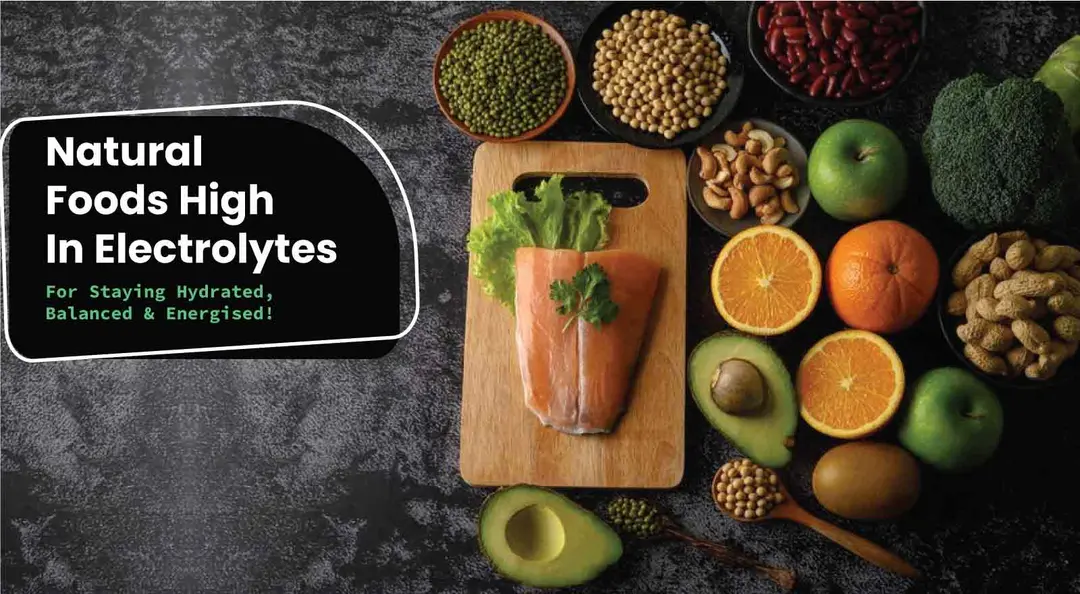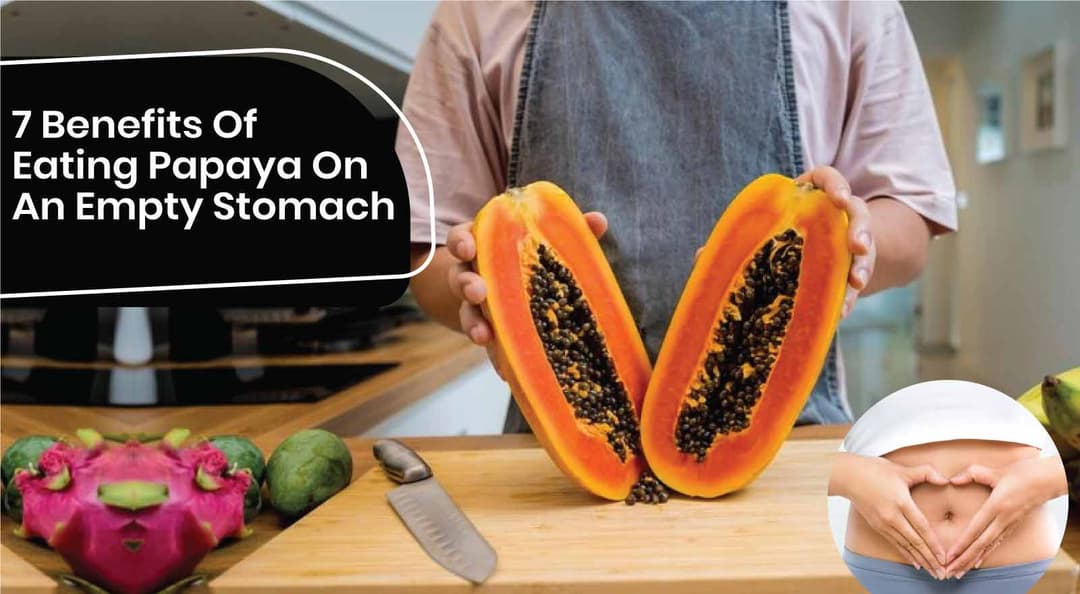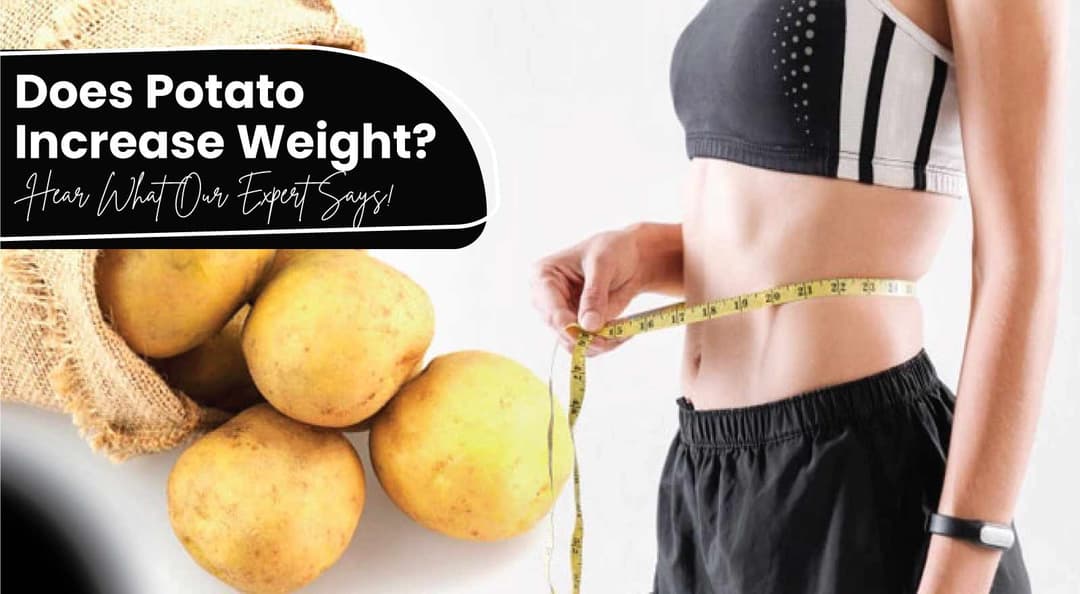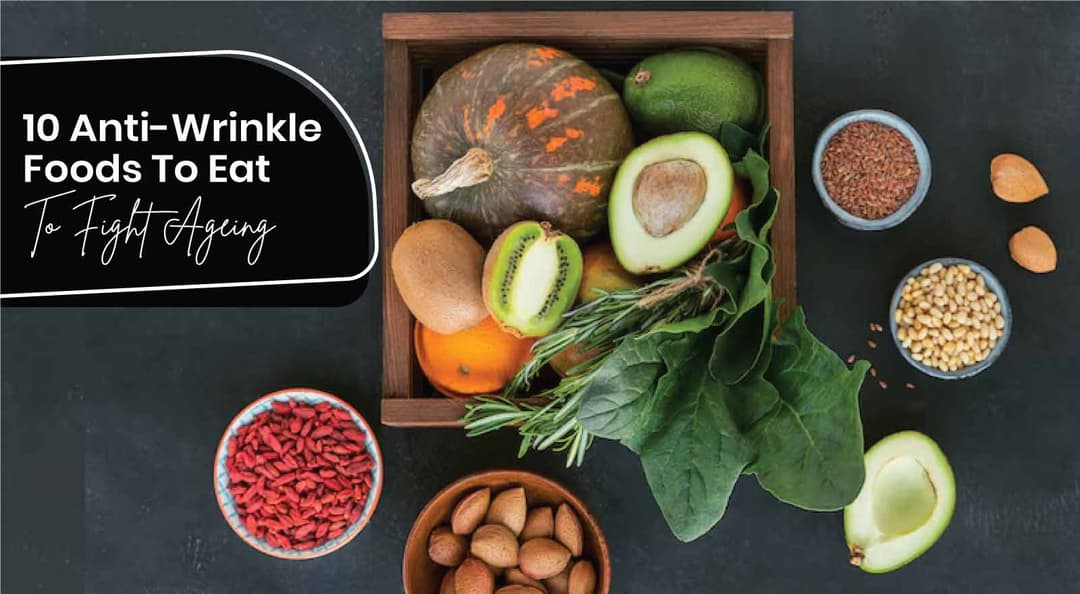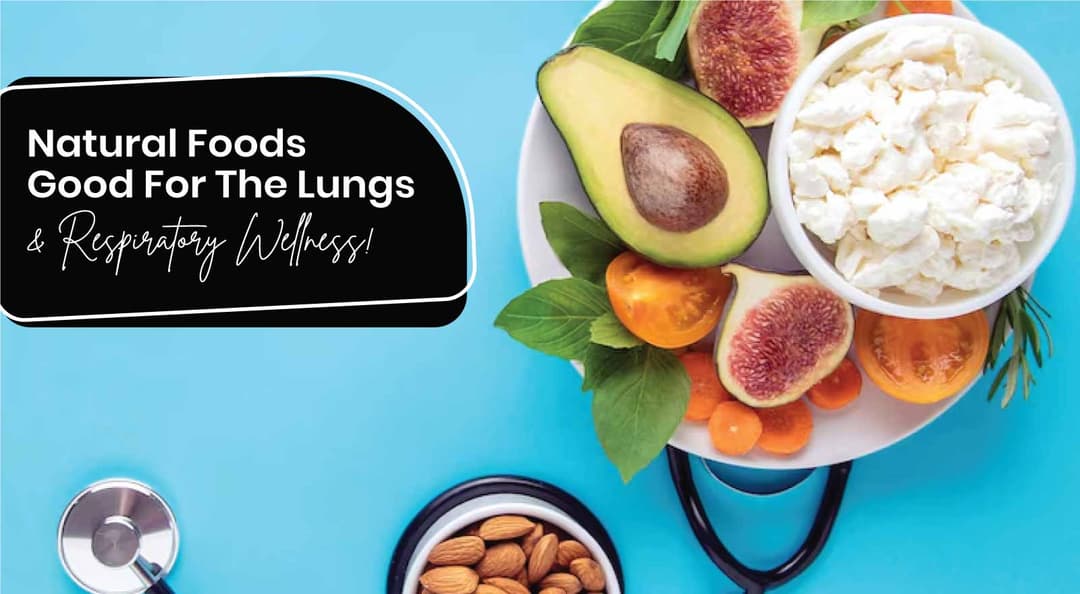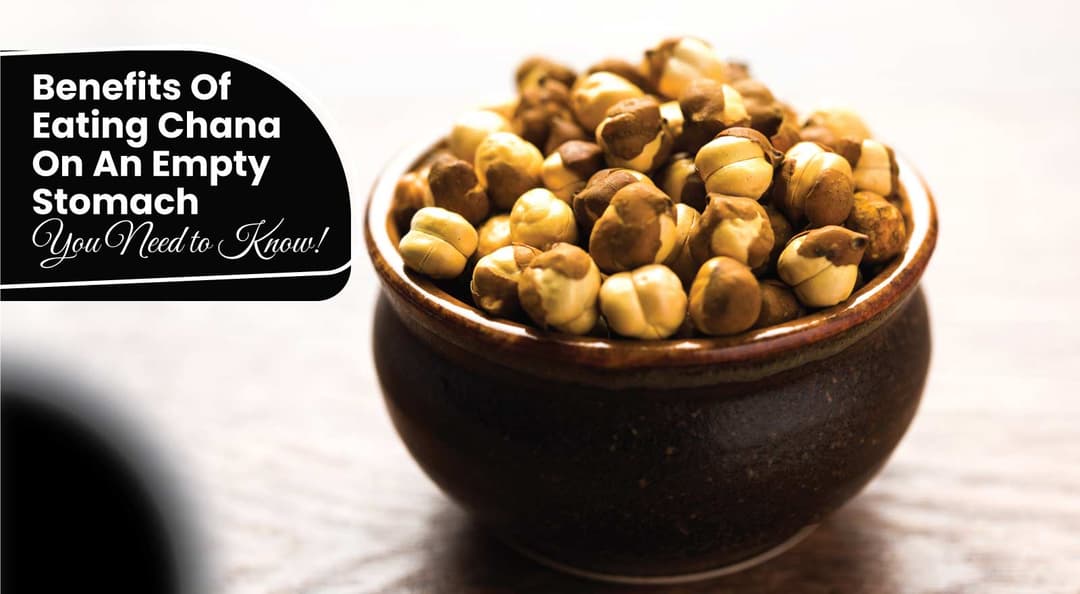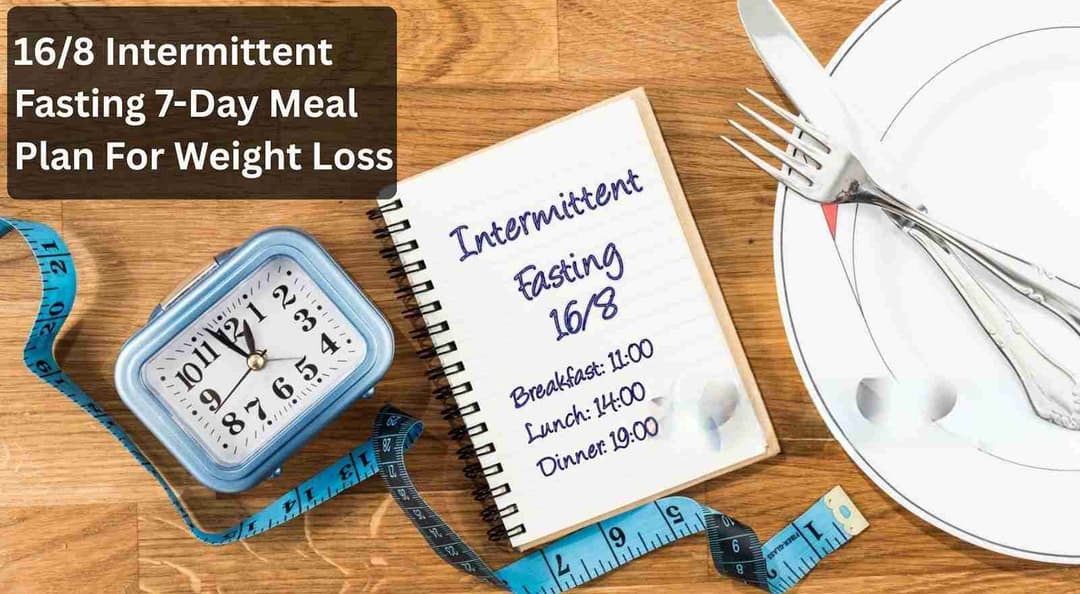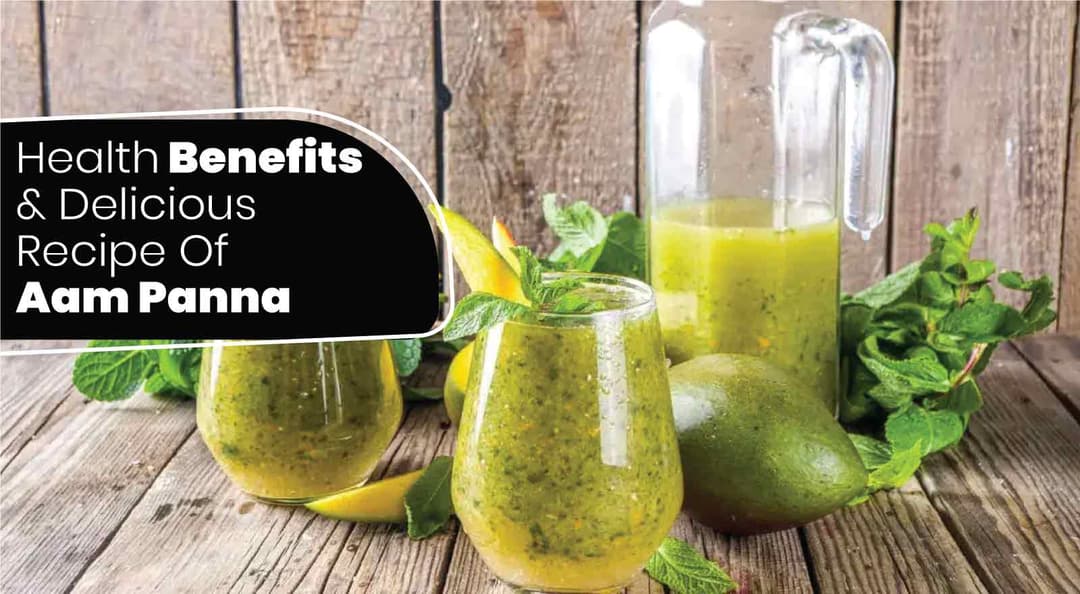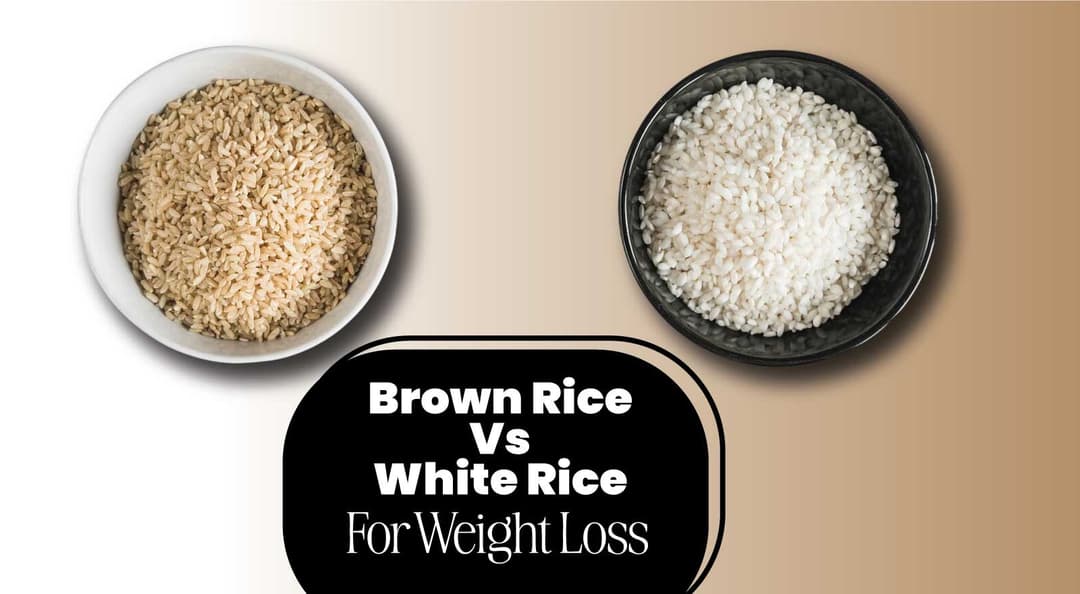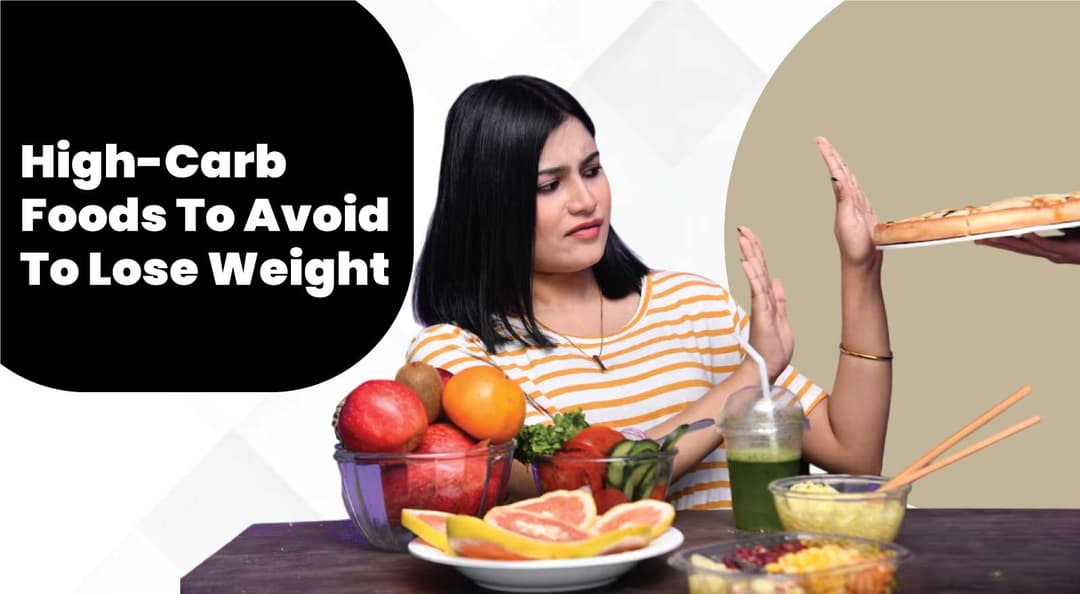Heart disease is the leading cause of death for both men and women in India and several other countries, preceding cancer and all chronic diseases.
According to the National Library of Health, in 1990, nearly 22,60,000 people in India died from CVD (cardiovascular disease). Those are terrifying numbers, especially when your own heart isn’t strong enough, but there are several things you can do to reduce your risk of developing CVD and decrease the chances of becoming a statistic.
The most important thing you can do is eat heart-healthy foods—a diet rich in fibres, complex carbs, lean proteins, and healthy fats. This would also include removing, or at least avoiding, trans and saturated fats, refined carbohydrates, added sugar and red and processed meats.
In this blog, we will tell you about the 25 heart-healthy foods that will help and support your health and fitness!
Table of Content
- Which Food Is Best For A Strong Heart? Here are 25 Nutritious Heart-Healthy Foods
- The Heart's Best Friends: What Types of Food Are Best For A Strong Heart?
- Dietitian’s Recommendation
- The Final Say
- FAQs
- References
Which Food Is Best For A Strong Heart? Here are 25 Nutritious Heart-Healthy Foods

Here are 25 heart-healthy foods that provide essential nutrients and support your cardiovascular wellness for a healthier, vibrant life:
1. Barley
Barley is a super-healthy whole grain that comes in various forms: groats, barley flour, flakes, semolina, and more. Among all whole grains, barley is one of the best sources of fibre, which protects your heart by controlling blood sugar. It also contains flavonoids and other phytochemicals that research has shown to protect against heart disease.
2. Oranges
This bright citrus fruit has several nutrients, making it one of the best foods for heart health. Pectin is a fibre that animal studies have shown may have a modest effect on maintaining healthy cholesterol levels. Potassium in oranges helps with blood pressure. Eating oranges strengthens immunity and lowers blood pressure, keeping your heart healthy.
3. Low-Fat Yoghurt
Yoghurt, a popular dairy product, is a good source of potassium and calcium, both of which help with blood pressure. The best choice for your heart is plain yoghurt, as flavoured varieties can be loaded with sugar, preservatives and artificial flavouring, which undermines all the heart-healthy goodness. Instead, sweeten it with fruit or a drizzle of maple syrup or honey for controlled sugar, and add a pinch of cinnamon for flavour.
4. Cherries
Some research has linked a type of antioxidant called anthocyanins to a reduced risk of stroke – and cherries are one fruit rich in it. They can reduce inflammation and oxidative stress. Some compounds in cherries may even help lower inflammation, which directly helps heart health. The vitamins and minerals present in cherries also support cardiovascular health.
To further reduce inflammation and boost antioxidant power in your body, consider trying ToneOp Care’s Turmeric, Ginger & Garlic Oil capsules.
5. Green tea
Reduce hypertension by pouring yourself a cup of this energy-boosting drink, long favoured by Chinese herbalists for its healing properties. Its soothing properties come from the presence of catechins and flavonoids that help reduce oxidative stress and inflammation. Regular green tea consumption has been linked to lower levels of LDL (bad) cholesterol. Some studies have shown that it may lower blood pressure and improve circulation, contributing to better cardiovascular health.
6. Eddame
The juicy eddames are good for your heart in many ways. They can help keep cholesterol at a healthy level and contain nutrients like isoflavones and fibre that are excellent for cardiovascular health. Other than that, they are rich in protein, which supports muscle health, and contain healthy fats for weight loss, which are beneficial for heart health.
7. Tofu
Tofu is a vegetarian soy protein with fibre, healthy polyunsaturated fats and minerals that have been found to have positive effects on the heart. Tofu contains high levels of isoflavones that improve heart health and reduce cholesterol.
8. Fish
Adding more salmon, sardines, tuna and other fish to your plate can help lower your blood pressure and cardiovascular risk. Seafood is full of good-for-you omega-3 fatty acids, which lower blood triglycerides. Even if you choose canned fish, you will still get the same benefits.
To further boost omega-3 levels in your body and support heart health, add ToneOp Care’s Fish Oil Capsules and Krill Oil Capsules to your diet!
9. Chia Seeds
Chia seeds have many benefits beyond being a great healthy food for weight loss. One tablespoon of this plant-based omega-3 energy source contains 60 calories and helps reduce bad cholesterol and plaque build-up. You can soak them overnight, mix them with yoghurt or soup, or sprinkle them on a salad.
10. Nuts
Whatever type of nut you prefer, the polyphenols in these plant-based powerhouses have an antioxidant effect. They improve cholesterol levels and reduce the risk of heart disease with their beneficial unsaturated fats, so keep them on hand for a smart snack.
Also Read: Cardiac Care in Action: 15 Exercises For Heart Patients To Empower Health Every Day!
11. Walnuts
These crunchy nuts are a superfood; walnuts are well known for their heart-protecting abilities. They help protect against inflammation, have a nice amount of omega-3 and are also full of fibre.
12. Leafy Vegetables
More is more when it comes to vegetables. Kale, spinach, and lettuce contain vitamins, minerals, and antioxidants to help balance blood pressure. In particular, the nitrates and vitamin K inside the leaves help your arteries and blood vessels.
13. Swiss Chard
Swiss chard stands out among dark leafy greens that are packed with heart-protecting nutrients. It has a number of vitamins, as well as potassium and fibre. Swiss chard is said to help regulate blood sugar and reduce inflammation.
Also Read: Your Secret Weapon To Slim Down Fast: 20 Weight Loss Fibre Foods And Their Game-Changing Benefits
14. Oats
The soluble fibre in oats can help lower LDL, or "bad" cholesterol, in the bloodstream. New research shows that a special compound in oats called avenanthramide (AVE) may have anti-inflammatory and heart-protective effects.
15. Olive Oil
Switching from ranch to vinaigrette has its benefits. The heart-healthy benefits of olives and their oil have not gone unnoticed. Among 7,216 adults in one study, those who consumed the most olive oil had a 48% lower risk of dying from heart disease.
16. Berries
Stack more blueberries, strawberries, raspberries and blackberries on your breakfasts, smoothies and desserts. One meta-analysis found that eating antioxidant-rich berries can lower LDL cholesterol, systolic blood pressure, and certain markers of inflammation.
Berries contain plenty of antioxidants that protect the heart from damage. They are fat-free and rich in minerals such as fibre, folate, iron and calcium.
17. Beans And Legumes
Legumes and beans are a great source of plant-based protein that is good for you and your heart. They are also good for your pocket, being one of the cheapest food products you can buy at the grocery store! Beans are also associated with reduced blood pressure and inflammation, as well as lower levels of triglycerides and LDL cholesterol.
18. Avocado
The hype is well deserved. Avocados are high in potassium, with around 28% of your daily requirement in one avocado. They contain monounsaturated fatty acids that keep the heart healthy. Potassium is found in avocado, which regulates blood pressure and reduces bad cholesterol. Adequate intake of avocados is associated with a 15% lower risk of stroke.
Also Read: 7 Benefits Of Avocados For Weight Loss, 6 Ways To Use It Healthily And Nutritive Profile!
19. Seeds
Flax seeds, chia seeds, sunflower seeds: take your pick. The polyunsaturated fats in them help with cholesterol levels. Grab a handful of sunflower seeds or sprinkle flax seeds on your salad or soup to get more of these small but mighty wonders into your diet.
For best quality seeds, try ToneOp Care’s Flax Seeds, Sunflower Seeds and Pumpkin Seeds.
20. Grapes
Grapes are high in antioxidants, particularly resveratrol, which is known for its anti-inflammatory properties. They contain essential vitamins and minerals, including vitamin C, potassium, and B vitamins. All these compounds in grapes help regulate blood pressure, reduce oxidative stress, improve blood flow, and protect your vascular system.
21. Quinoa
Like other ancient grains, quinoa is a smart swap for white rice and other refined carbohydrates. It's a complete source of protein, containing all nine amino acids that support muscle health. Its fibre properties help lower cholesterol levels, regulate blood sugar, and promote digestive health. It contains antioxidants like flavonoids, which can reduce inflammation and oxidative stress.
22. Apple
An apple a day can really keep the doctor away. Special compounds in apples called procyanidins have strong antioxidant activity and can lower LDL cholesterol. Red apples, in particular, contain more anthocyanins, which may improve heart disease risk factors.
23. Potatoes
Like avocados, regular and sweet potatoes contain sufficient amounts of potassium. Potatoes, especially with the skin, provide dietary fibre that helps lower cholesterol and improve digestive health. They are packed with vitamins and minerals, including vitamin C, vitamin B6, and antioxidants, which support overall health. Avoid frying or heavy creams, and stick to baked or steamed potatoes, which can be a heart-healthy addition to meals.
24. Tomato
Lycopene is the natural antioxidant in tomatoes that gives them their red colour. This vital compound helps control blood pressure, prevent atherosclerosis, and lowers LDL cholesterol and triglycerides.
25. Dark chocolate
Yes, eating dark chocolate can truly help your health! Several studies link it to a lower risk of cardiovascular disease and less calcified plaque in the arteries. Opt for a bar with at least 75% cocoa, and you'll get the most flavonoids and special antioxidants that help your heart health.
Also Read: 32 Foods That Burn Belly Fat Fast: Your Ultimate Guide to Tackling Stubborn Stomach Fat!
The Heart's Best Friends: What Types of Food Are Best For A Strong Heart?
Following are the essential food groups that can help make your heart stronger and promote overall cardiovascular health:
1. Fruits And Vegetables
Heart-healthy fruits and vegetables aren't just colourful and sometimes delicious; they're also superheroes for your heart. Rich in antioxidants and potassium, high in fibre and anti-inflammatory properties, they lower cholesterol, prevent cell damage, fight free radicals, and reduce the risk of cardiovascular disease.
Incorporate a variety of berries, citrus fruits, apples, avocados, and leafy greens like lettuce and kale into your diet for a healthier heart!
Also Read: 10 Benefits Of Eating Fruits On An Empty Stomach With 8 Choices!
2. Omega-3
Omega 3 rich foods are your partners for a healthy heart. They reduce inflammation, lower blood pressure, and prevent blood clots. Salmon, mackerel, sardines, and herring are treasures of omega-3 fatty acids. Including at least two servings of oily fish per week is a simple but effective step for heart health.
3. Nuts, Seeds And Legumes
Nuts, seeds, and legumes aren't just for vegetarians. These small packets of nutrition contain plant-based protein, fibre, and heart-healthy goodness.
Almonds, walnuts, sunflower seeds, pumpkin seeds, and lentils contain monounsaturated and polyunsaturated fatty acids and are excellent choices for lowering cholesterol and preventing cardiovascular disease.
4. Whole Grains
Whole grains are often the unsung heroes of a healthy diet. They are fibre-rich and play a key role in regulating cholesterol and preventing cardiovascular disease. In addition to their heart health benefits, they provide a lasting feeling of fullness and help maintain a healthy body weight.
Some whole grains that are particularly beneficial for heart health are oats, quinoa, barley, whole wheat, etc.
5. Spices And Herbs
Regarding heart care, spices and herbs are treasures hidden in our culinary arsenal. Not only do they transform our meals into a feast for the senses, but they also have extraordinary powers to strengthen our hearts.
Some spices and herbs that you can add to your cooking are garlic, parsley, thyme, basil, cayenne pepper, and ginger.
Also Read: 7 Benefits Of Cardiovascular Exercise To Improve Your Heart Health & Fitness!
Dietitian’s Recommendation
What's good for your heart is good for your brain and overall health. Individual foods or nutrients and healthy eating habits can significantly boost your cardiovascular health. What you eat can affect many aspects of heart health, including blood pressure, inflammation, cholesterol and triglyceride levels.
You must realise that a poor diet can harm your heart and reduce your overall quality of life. Limiting the consumption of alcohol, processed meats, fatty meats and processed foods is recommended to prevent cardiovascular disease.
Dt. Lavina Chauhan
The Final Say
That was all about the 25 heart-healthy foods. The proven links between diet and heart disease are growing stronger. What you eat can affect many aspects of heart health, including blood pressure, inflammation, cholesterol and triglyceride levels. Opt for fruits, vegetables, whole grains, nuts, legumes, and seeds to improve your heart health. Stay away from trans and saturated fats, refined carbohydrates, added sugar and red and processed meats.
FAQs
1. What foods prevent heart attacks?
According to the National Health Services (NHS), a healthy and balanced diet is one of the key pillars of heart attack prevention. They recommend a Mediterranean diet that includes more whole-grain cereal, vegetables, fruit, fish, etc.
2. How can I improve my heart health quickly?
According to the US Department of Health and Human Services, there are 7 main steps to improve heart health:
- Eat a healthy diet
- Be active
- Maintain a healthy weight
- If you smoke, stop and avoid secondhand smoke
- Control your cholesterol and blood pressure
- Drink alcohol in moderation
- Manage your stress
3. Which fruit cleans the heart?
Berries, pomegranate, avocado and cherries are some of the best heart-healthy foods because they contain antioxidants and a wide range of vitamins and minerals that are good for your cardiovascular health.
References
- https://www.goodhousekeeping.com/health/diet-nutrition/g35396515/best-foods-for-heart-health/
- https://www.healthline.com/nutrition/heart-healthy-foods#bottom-line
- https://www.prevention.com/health/a20502183/best-foods-for-heart-health/
- https://www.nbnc.in/blog/10-heart-healthy-foods-to-include-in-your-diet
- https://www.centrecardiolaval.com/en/2023/12/22/miracle-foods-for-a-healthy-heart/
- https://www.kisantak.in/knowledge/story/world-heart-day-how-to-prevent-heart-attack-symptoms-difference-in-heart-attack-and-cardiac-arrest-why-world-heart-day-is-celebrated-best-5-fruits-for-healthy-heart-685723-2023-09-28
- https://www.health.harvard.edu/heart-health/heart-healthy-foods-what-to-eat-and-what-to-avoid#:~:text=Focus%20on%20fresh%20fruits%20like,the%20development%20of%20heart%20disease.
About ToneOp Fit
ToneOp Fit is a platform dedicated to improving and maintaining good health through a comprehensive range of goal-oriented health plans with up to 3 Coach support. With a range of Weight Management, Medical Condition, Detox Plans, and Face Yoga Plans, the app also provides premium health trackers, recipes and health content. Get customised diet, fitness, naturopathy & yoga plans and transform yourself with ToneOp.














